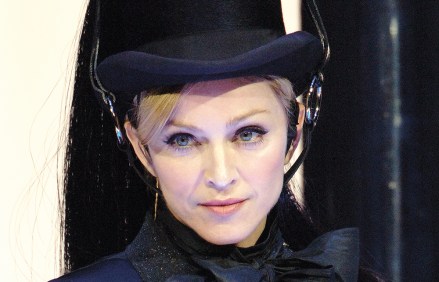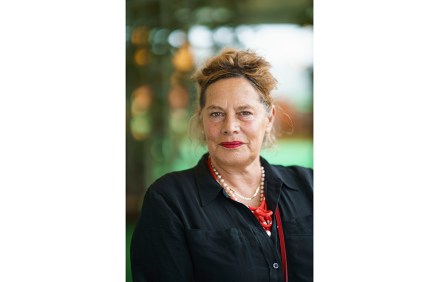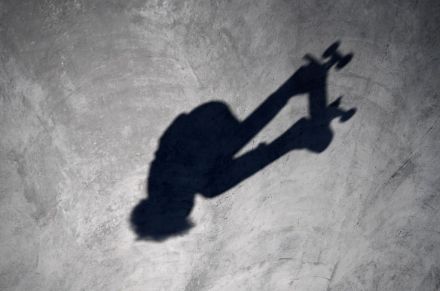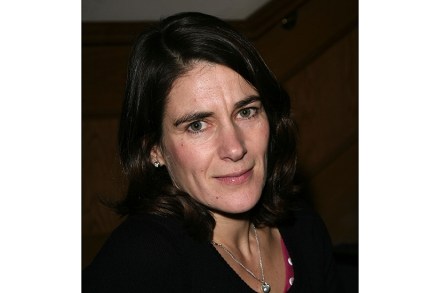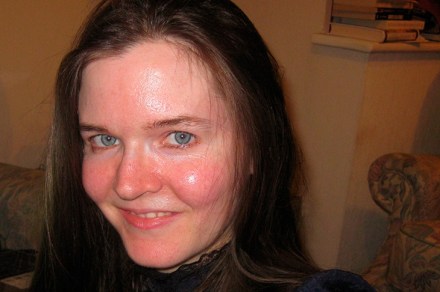Nothing satisfies Madonna for very long
In 1994, Norman Mailer called Madonna ‘our greatest living female artist’. She was huge in those days. I remember teenagers like my daughters constantly asking ‘What would Madonna do?’ But my grandchildren haven’t even heard of her. She seems to have faded faster than most. Why? Perhaps it’s because, as often claimed, she’s the ‘queen of reinvention’. But people who reinvent themselves every few months, as Madonna always did, tend to leave other people behind. Her ‘rebel life’, as told here by Mary Gabriel, is a frenzied churn of friends, lovers, mentors and collaborators who were vital to her for a year or two and then discarded. Her first manager,
